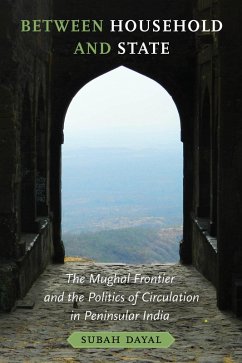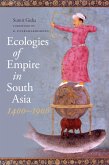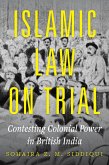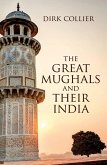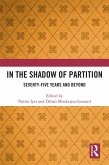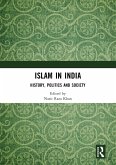For decades, scholars have examined the Mughal Empire, South Asia's largest and most powerful pre-colonial empire, to measure the greatness of its political, ideological, and cultural institutions. Between Household and State departs from dynastic narrations of the Mughal past to highlight the role of elite households and familial networks in shaping imperial power, particularly in peninsular India, the only region of the subcontinent never fully incorporated into the imperial realm. Drawing on rare documentary and literary materials in Persian and Urdu alongside the Dutch East India Company's archives, this book takes us on a journey from military forts and regional courts in the Deccan to the weaving villages of the Coromandel Coast to examine how regional elite alliances, feuds, and material exchanges intersected with imperial institutions to create new forms of affinity, belonging, and social exclusion. Between Household and State brings attention to the importance of ghar-or home-as an analytical framework for the creation of mobile forms of sovereignty that anchored the Mughal frontier across the variable geography of peninsular India in the seventeenth century.
Dieser Download kann aus rechtlichen Gründen nur mit Rechnungsadresse in A, D ausgeliefert werden.

